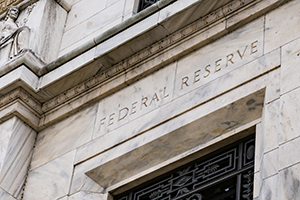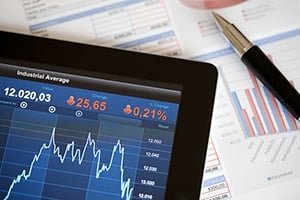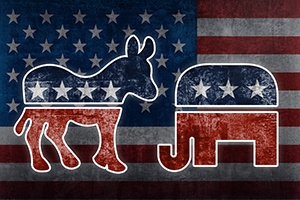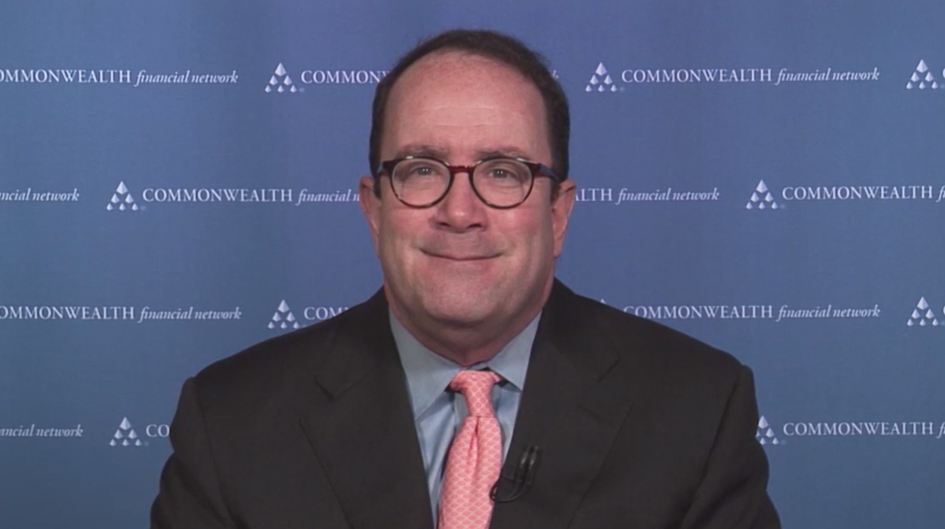Here on the blog, Brad often writes about gratitude. The things he gives thanks for range from the seemingly trivial (watching his cats wrestle) to the profound (health, family, and happiness). Often, he mentions that he jots down three things for which he’s grateful every day. In reading these posts, what strikes the strongest chord with me is seeing things through the lens of “getting to” rather than “having to.” It has very much influenced how I try to navigate the intricacies of modern life and the stresses that come along with it. I get to go to work and do something I love. My wife suggested there’s another wrinkle to it and added “celebrate.” As in, I get to go to the gym and celebrate with 30 minutes on the treadmill. Sounds trite, but it helps.





















